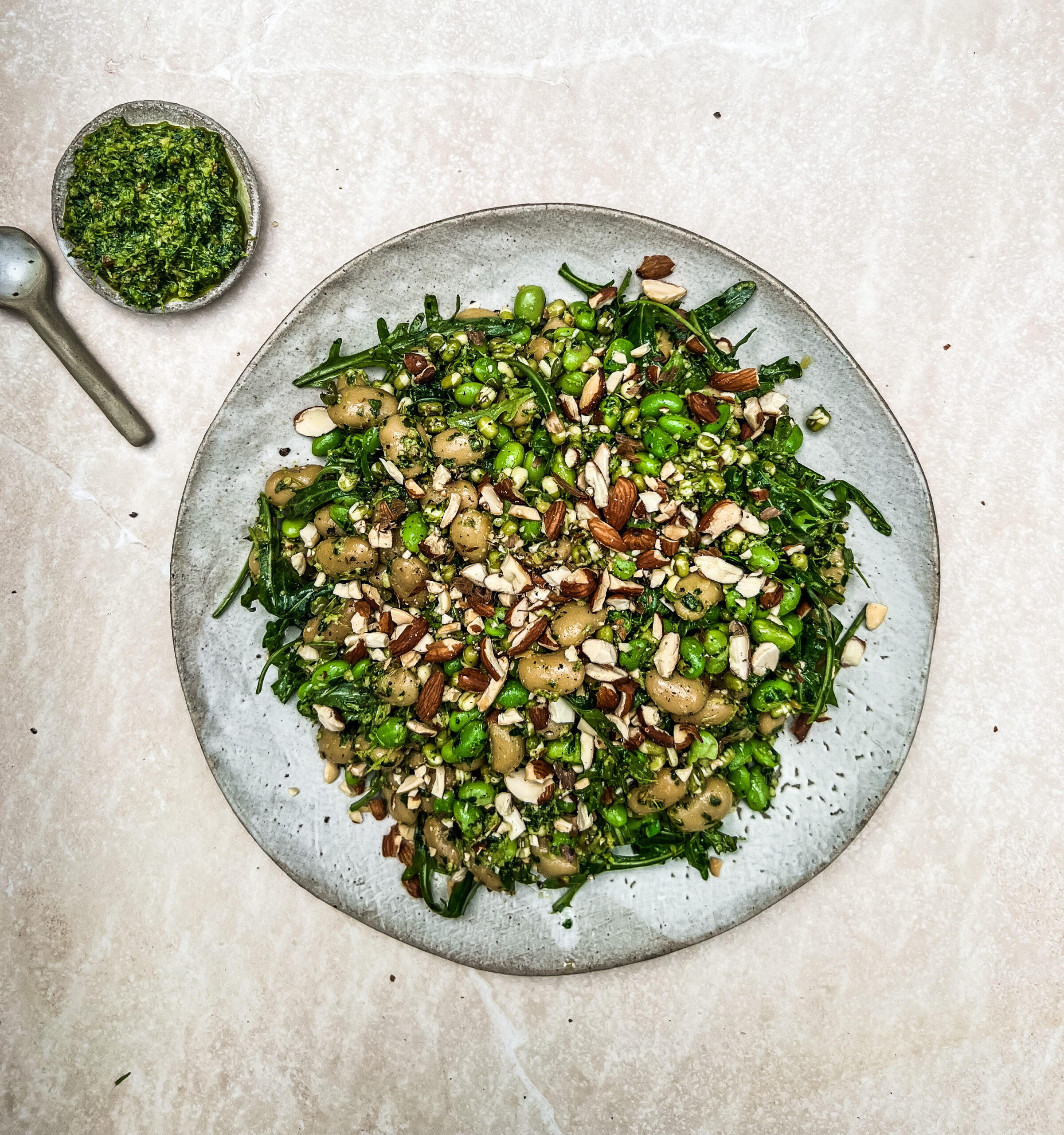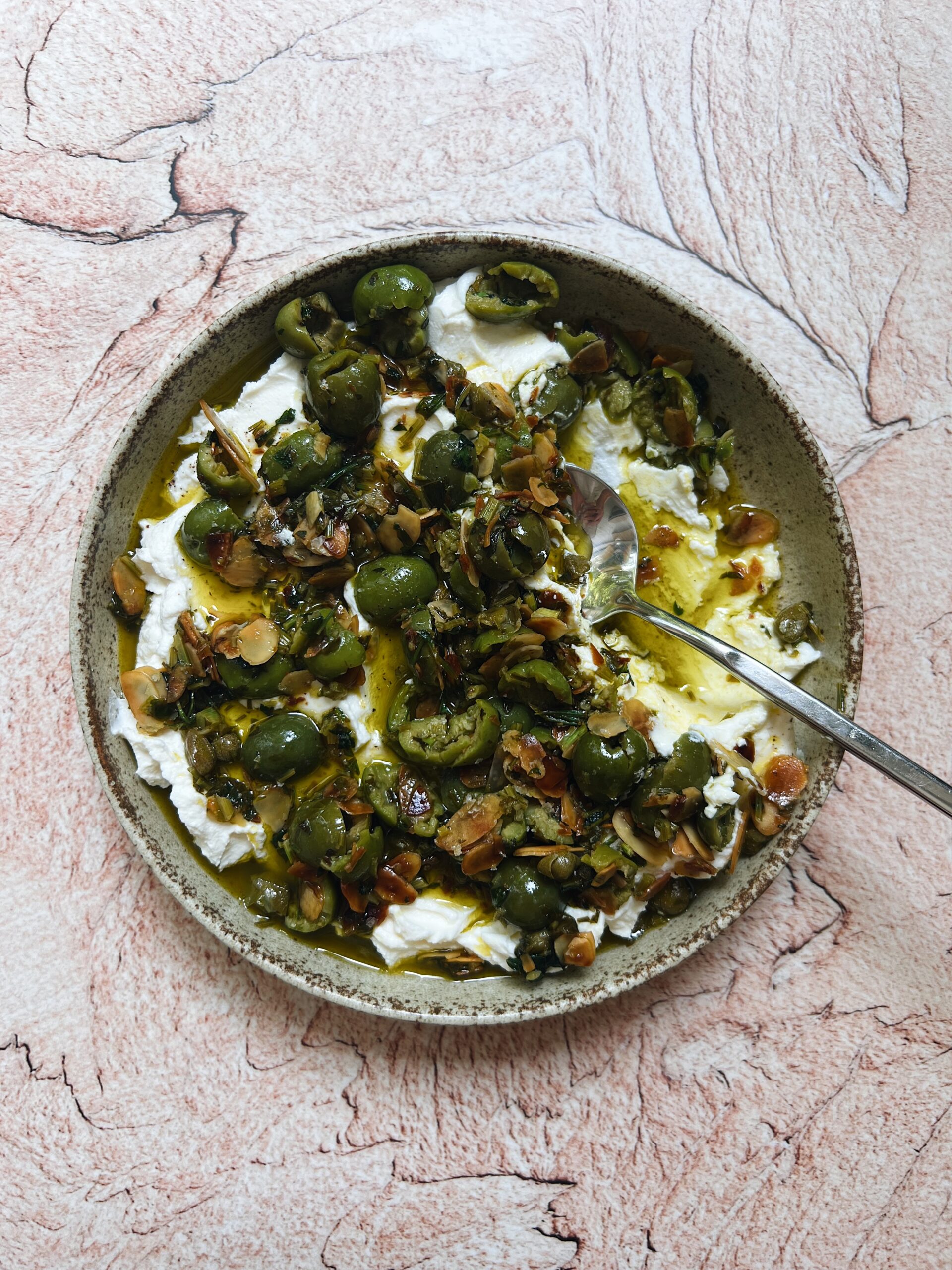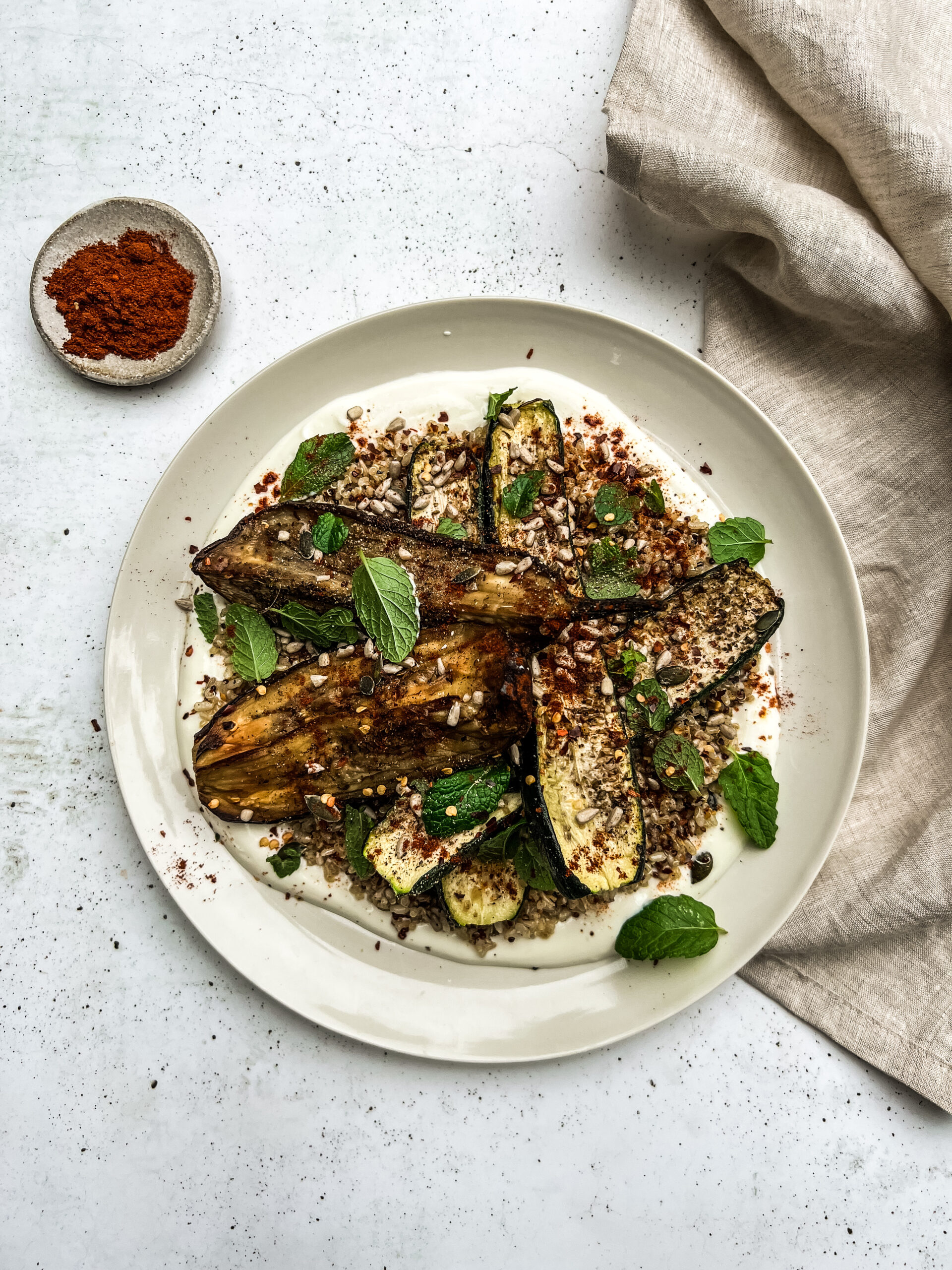Blueberry Coconut Muffins
For some reason, a blueberry muffin just makes me think of a school canteen. Perhaps this will only make sense for Aussies, but I would always choose the blueberry muffin flavour over everything else (surprisingly even though I love chocolate now, I hated chocolate anything as a child and always opted for the fruity flavours over chocolate).
I wanted to make this recipe nut-free, maybe because I like a challenge, but there are so many almond based muffins out there, so I thought let’s try this on a base of coconut flour instead! This also means they are lunchbox and allergy-friendly.

Blueberry Coconut Muffins

I wanted to make this recipe nut-free, maybe because I like a challenge, but there are so many almond based muffins out there, so I thought let’s try this on a base of coconut flour instead! This also means they are lunchbox and allergy-friendly.

Serves:
10
Prep time:
15 minutes
Cook time:
30 minutes
INGREDIENTS
- 4 eggs
- 1 cup (250ml) canned coconut milk (Ayam brand is the best)
- ¼ cup erythritol based sweetener*
- 1 tsp vanilla extract OR ½ tsp vanilla powder
- 1 cup coconut flour
- ¼ tsp fine salt
- 1 tsp baking soda
- 1 cup frozen blueberries
- Coconut oil, to grease
METHOD
- Preheat the oven to 180°C and grease a silicon muffin tray with coconut oil or line with paper cases.
- In a large bowl, beat the eggs and stir in the coconut milk, erythritol based sweetener, vanilla, coconut flour, salt and baking soda. Fold gently until combined.
- When no lumps remain, gently fold in the blueberries. You don’t want to over mix here as the colour will run from the blueberries and turn the dough green.
- Spoon into the prepared muffin tin filling each hole 3/4 full. Place in the oven and bake for 25–30 minutes or until golden and a skewer inserted comes out clean. Leave to cool for 15-20 minutes before removing from the muffin tin. These are fine stored at room temperature for the first day, but after that store in the fridge.
Notes
- May be erythritol or Lakanto.
- Erythritol is a sugar alcohol that forms the base of many granular “sugar free sweeteners”. Read more about what erythritol is here, including my product recommendations. The use of erythritol in this recipe is what makes it low-carb and/or keto friendly. If this is not a worry for you, the best substitution is coconut sugar which can be used in the same quantity. Please know that the use of coconut sugar takes away the sugar-free status of this recipe and may alter the colour of the finished product. Read more about sugar and my philosophy here.
- No erythritol? Coconut sugar works as a replacement.









